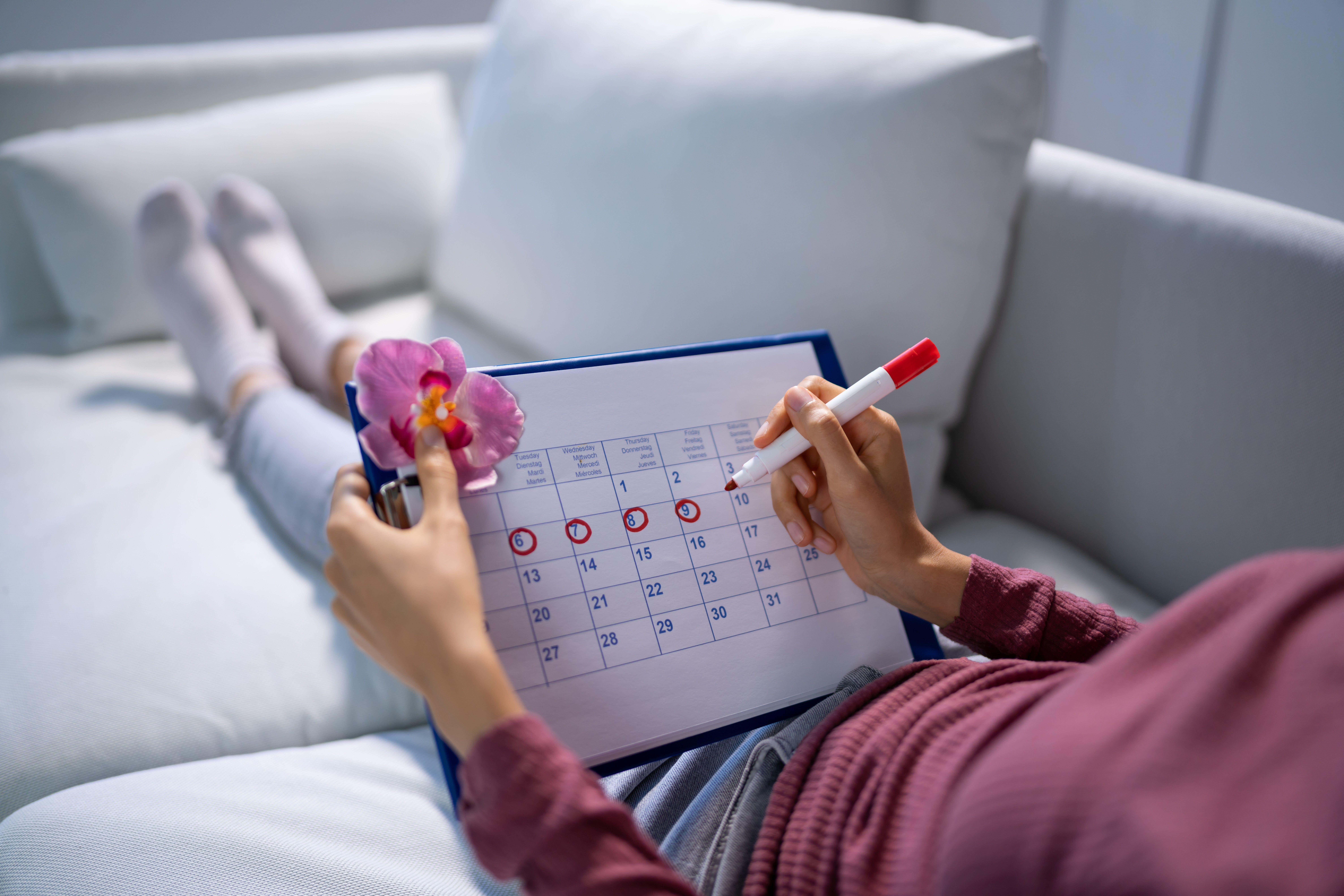‘Young women can fall pregnant very easily’: inside the wild west of smartphone fertility apps
Share:
Observer analysis finds unregulated products being promoted as contraception despite concerns about their accuracy. Apps promising to help women “take control” of their sex lives by predicting the days when they are fertile are putting users at risk of unplanned pregnancy by making misleading claims.
![[Shanti Das]](https://i.guim.co.uk/img/uploads/2022/08/30/Shanti_Das_v2.png?width=75&dpr=1&s=none&crop=none)
Millions of women in the UK – including 69% of 18-24-year-olds – have used smartphone apps that track their periods. Many also tell them their “fertile window”: the days when they are most and least likely to get pregnant. But the quality of the data used to make these predictions varies drastically and is often limited and unreliable, experts warn. Most apps use just the dates of the user’s past periods and standard cycle information to predict when their next one will be – and, by extension, when they are likely to ovulate and be at their most fertile.
Despite this, apps that use only basic data are being widely promoted to women in the UK as a reliable form of contraception. An Observer analysis of fertility and period-tracking apps in the Apple and Android stores last week found some that are not registered as medical devices being described as “birth control” and claiming to be “as effective as condoms”.
One, called Period & Fertility Tracker, promotes itself as an “ovulation tracker” and says it is based on “scientific research” which “helps to determine the fertile days of the month, so you can either achieve or avoid pregnancy.” However, its predictions are based purely on information entered by the user about their period dates and length.






















